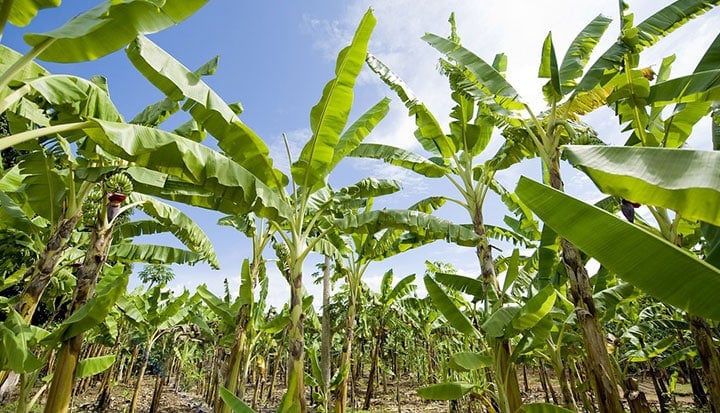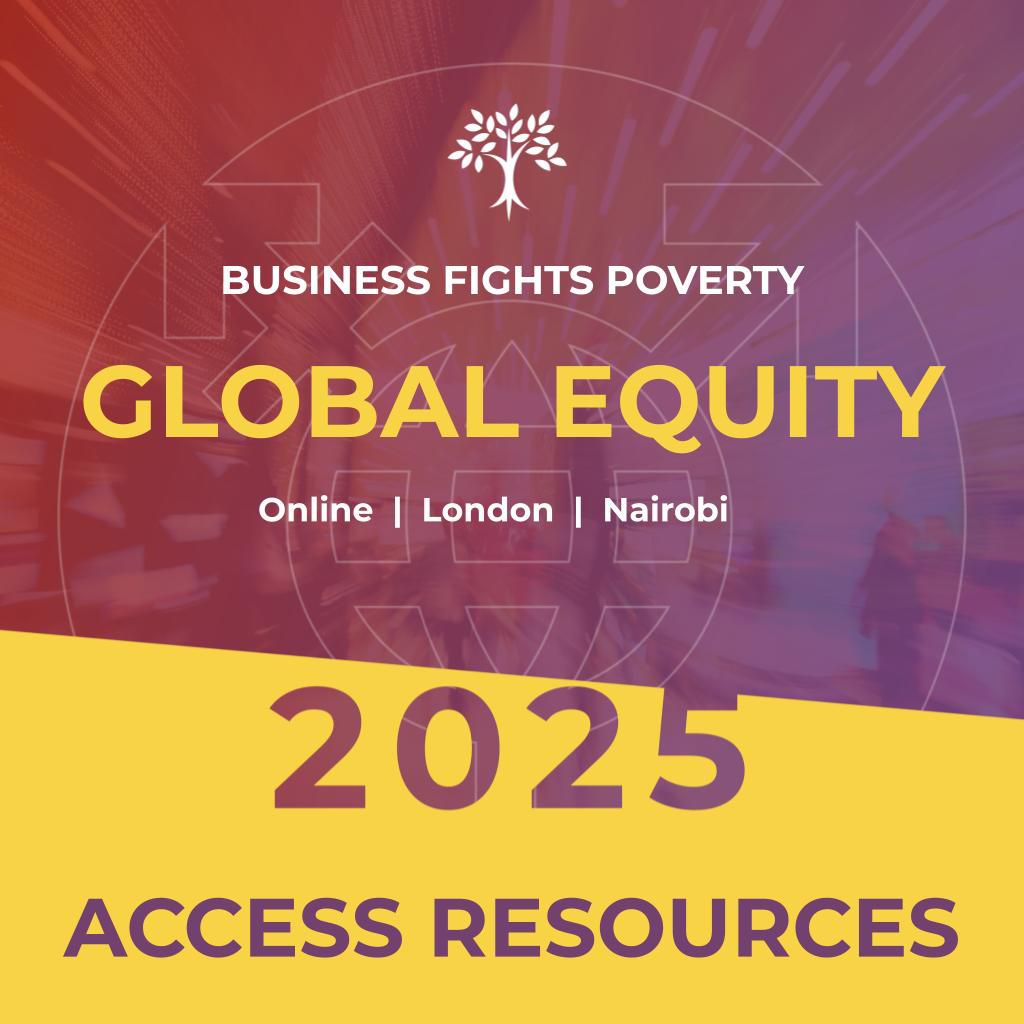Concordia recently participated in the Inaugural International Congress for African Agribusiness and Trade (ICAAT) at Rutgers University, an event that brought together African agricultural and political leaders with bilateral and multilateral institutions, overseas development organizations, U.S. agribusiness, agricultural investors, technical and policy experts, and African civil society representatives. The conference highlighted the importance of aligning with international strategic frameworks that address environmental protection, poverty alleviation, gender rights, tenure rights, sustainable economic growth and more. Investors, African governments and entrepreneurs discussed how alignment with these goals can generate greater opportunities for collaboration, increased access to funding and the development of sustainable, successful and transformative agricultural practices. As part of the Concordia Campaign for a Sustainable Global Food Supply, Concordia partnered with TechnoServe to lead a working group discussion around designing inclusive partnerships to connect smallholder farmers with African agribusiness and global markets. The following draws upon this discussion.
Food production is changing. Consumer pressure, global frameworks like the Sustainable Development Goals, and the underlying need to do more with less for a growing population have increased pressure on agribusiness and farmers alike. One solution that is gaining traction in Africa is “inclusive business.” The basic idea behind the buzzword is that smallholder farmers with untapped potential can realize productivity gains by connecting to the global market and sourcing their raw materials to large multinationals who are looking for greater quantities of sustainably-sourced materials.
When structured properly, inclusive supply chains have the potential to simultaneously reduce poverty and drive sustainable profits, allowing both companies and communities to reap the benefits. However, converting broad sustainability commitments into tangible practice remains a challenge for the private sector, while scaling operations for agribusiness to meet the quality and quantity demands of food manufacturers remains a parallel challenge for smallholders. Partnerships based on best practices from leading companies and implementers can bring these two stakeholders closer to achieving a common goal.

Unfortunately, there has been a historical breakdown of shared value, or the connection of business success to social progress, which has left smallholder farmers among the most impoverished populations in Africa. But, important progress in the shared value space is starting to take place.
According to a number of leading food companies consulted for a recent Concordia/TechnoServe report, a successful method of empowering local agricultural communities across global markets is through aggregation, or combining farmers into groups and linking them to producers. Through the form of cooperatives like ASNAPP’s hibiscus program, aggregation provides an economically feasible way to introduce farmers to skills training and support that will help them meet the demands of the global market. Aggregation also ensures broad participation towards a more holistic picture of local needs, not just the needs of a small survey of local stakeholders.
Before companies can assess local workforce needs, however, they must first become familiar with pre-existing barriers to investment and inclusivity. Every country has its own unique constraints, and understanding those constraints will expedite on-the-ground capacity building. One method increasingly deployed to identify these constraints is conducting an Agricultural Commercial Legal and Institutional Reform assessment (or, AgCLIR). This diagnostic system allows experts to analyze pre-existing constraints in an individualized, case-by-case context to find the root cause of inefficiencies in underperforming agricultural systems. In one case using AgCLIR, for example, experts found that land tenure issues, contractual problems, and the overcapitalization of mills formed barriers in the Filipino agricultural system. By identifying the sources of market failure, the Philippine government was able to improve its taxation and regulatory processes to improve agricultural productivity.
While tools like this provide much-needed context for corporates seeking to drive inclusivity in their supply chains, they are often underutilized. This is perhaps because the motivation behind inclusivity remains in the branding and PR side of the company. Reputation can be a difficult thing to quantify, and to put a dollar amount on when developing annual budgets. That’s why it’s increasingly important to prove the business model for sustainability, often through the engagement of local procurement teams who know product demand, supply, and quality best.
For agribusiness expanding into rural markets, partnerships with the local government and other relevant local stakeholders are crucial to inform community needs, resources, hiring practices, skills trainings, and technological adoption. Agricultural transformation is not just about changing consumer habits, but also about implementing regulatory incentives and pathways for transformation. Rural agricultural employment is still a very important facet of African economic growth, and partnerships can be utilized to ensure that each stakeholder along the value chain benefits equitably.










